A Glossary Of Terms: Genres
No one is talking about this. No one has a problem with Genre. But > I < do. This is a pet topic I get very passionate about and I am going to (compulsively) share these thoughts with you! What a treat! Here comes yet another Glossary Essay because I enjoy procrastinating on much more important tasks in my life.
36 Games
Lets start with a dictionary definition: a Genre is a category of artistic composition characterized by similarities in form, style, or subject matter.
This means Genre is multifaceted, in terms of video games it can be referring to gameplay elements, general attitude of the experience, potentially even shared conventions in format.
It also draws an important statement: Genre is Category, and categories are used to make distinctions between groups of things, hopefully ones that are useful or meaningful.
Video games are uniquely difficult to categorize compared to film or books due to the fact that games can be almost anything in format and that interaction is essential to the medium.
A viewer might be able to judge if theyll be interested in a movie described as “Horror” but “Horror” doesnt indicate enough about a game to judge what the experience of playing it will be.
As a result, the impulse to use compound categories arises, such as using a Subject Genre and a Interaction Genre. Eg. Darkwood is a “Top-Down Horror” game.
But a problem already arises: what does being ”top-down” tell you about what Darkwood is like to play? Hotline Miami is also Top-Down, are these games all that similar?
Top-Down is Perspective, so do we just add more signifiers? Top-Down Spree-Shooter Crime-Drama?? Starts to feel like a mouthful, but its pertinent information sometimes.
Part of the issue here is genres are socially derived, meaning the name of a genre is colloquially established until its usage is cemented into the cultural vocabulary.
Take Platformer for example. “Platforming” isnt how youd usually describe “jumping and climbing between things” but “platform” sounds like what the programmers might call the digital objects you jump on.
The makers of the game call it something, other people adopt the usage and after a while it maybe sticks and takes on a life of its own, regardless of how unintuitive the descriptor might be.
You see this everywhere: Sidescroller, Point and Click, Interactive Fiction, Idle games, Twin-Stick Shooters, and the aforementioned Top-Down are all examples of genres probably penned in production spaces.
Sometimes these genres feel coherent, a Strategy game feels like its telling you that its gonna be a game where you use strategy.
Sometimes these genres are so vague or generalized that they dont feel like useful information on their own. What kind of Puzzles? What kind of Adventure?
And then you see something like “4X” as a genre. 4 X of what? Explore, Expand, Exploit, Exterminate? Thats 4E, the X isnt the first letter, and what youre too good for just one word??
“Immersive Sim”? This is the only genre that is immersive? Does immersive even really describe conventions of the genre like “levels have multiple entrances”?
“Character Action”??? Does this not describe 90% of any action game?? Who the hell do you think you are??? Whoever coined this genre needs a goddamn wedgie.
There was a concensus in the music industry for a long time that you shouldnt describe artists using comparisons to other artists (and this is why it seems like a new music genre is made every other week)
This wisdom seemed to pay off for music, cuz the intent is to discourage derivative tendencies and preserve a more thoughtful, imaginative engagement with music-listening and making.
I dont think this approach is sufficient for video games however, which are much more intensive to engage with, requiring alot more effort on the users part to “play out” and function.
Not only that, but video games can be radically different from each other in format, to the extent that its like the difference between a music video and a powerpoint presentation in terms of diversity.
Its much more important that people understand what the game actually is before committing to spending money (or time!) on it and this is just much harder to suss out at face value.
Nothing could prepare you for what Wattam is actually like just by looking at it, or from its designation as a Puzzle-Platformer, which is technically true but not at all accurate somehow.
But if I said “Wattam is a Sypro 2 kind of game if Spyro 2 was made to be an actual infants first video game” Im probably landing you somewhere much closer to the truth in your head.
You might say “That doesnt help people who havent played Spyro 2” but the truth is: the word “Platformer” doesnt help people who have never played at least one platformer before either.
Do you think you could ever possibly articulate the nuances of what the Tactics genre is without using any pre-established concepts or shorthand info? Cuz I dont think I could.
The reality is you dont really know the difference between rock and heavy metal until you listen to some; Genre is something you can only really engage with after the fact.
What benefit does “Character Action” provide over “DMC-like” if you have to play one to understand what it is anyway? “Games Like Devil May Cry” at least sounds like words a human might use.
If genre is mostly only useful for informed discussion, obscuring pertinent related media feels counterintuitive to the interests of those discussions - I probably want to know about similar games.
Genres like Metroidvania feel like they make much more meaningful distinctions by directly connecting traits together instead of trying to intellectualize them into something more general.
Especially when games are trying to capture a very very specific kind of experience that would be impossible to isolate from the sum of its parts, like with the Soulslike genre.
With how rapidly new trends in video games can emerge tho its simply impossible to expect genre to be able to encompass it all in an accurate and legible way.
This is largely why genre is socially-derived, it is part of a constant, ongoing conversation that can move in unexpected directions at literally any time.
For my 2 cents I think this dynamic benefits from a more granular and intuitively-minded approach, where games are a pastiche of influences rather than breeds to be classified.
Much like music, we have to be creative in our regard for video games in order to promote games being creative in their composition. You are what you frame yourself to be.
And while theres some risk in letting comparison influence our framing, theres still -so- many places left fully explored in gaming that maybe we should be a lil bit more derative.
Thank you for your time.
Thank you for your time.
7 Comments
I think one thing to consider about genre's in general is that their basically a verbal shortcut. A TLDR of describing a game so to speak. A ton of games have genre's that are lazily thought at or are given certain genre classifications out of a lack of being willing to elaborate etc though so this list is justified for sure.
Fascinating read and very well written
This topic bounces around my head so much but we disagree so fundamentally. I love a non-aggravated debate so I feel a response list would be in good fun. Please look forward to it.
Maybe not that different but definitely lots to talk about
@bitterbatterdog
100% go for it, Im definitely not trying to pose as the final authority on it.
100% go for it, Im definitely not trying to pose as the final authority on it.
A quick reply before I ran out of free time and forget
https://www.backloggd.com/u/bitterbatterdog/list/re-a-glossary-of-terms-genres/
https://www.backloggd.com/u/bitterbatterdog/list/re-a-glossary-of-terms-genres/


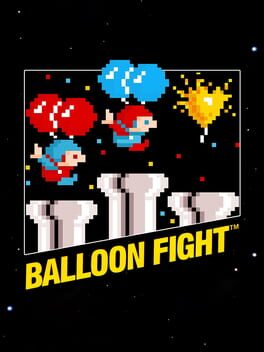


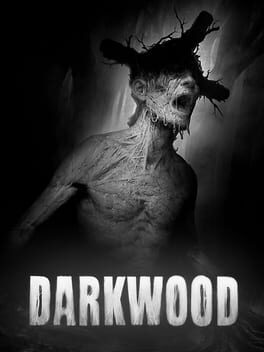

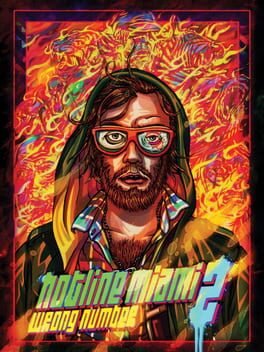
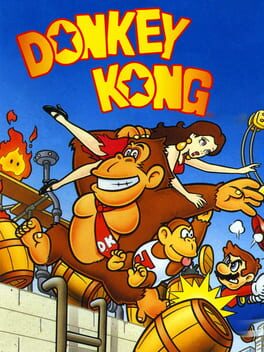
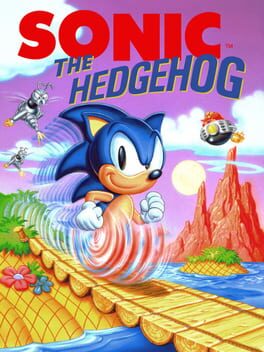

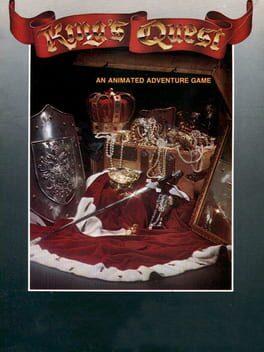
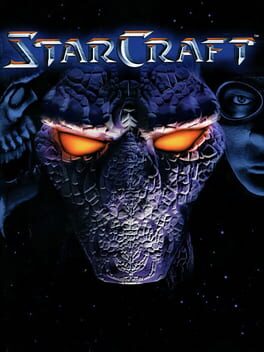

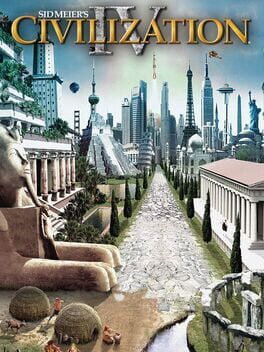
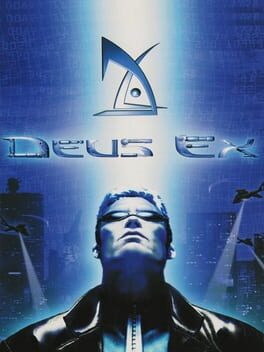


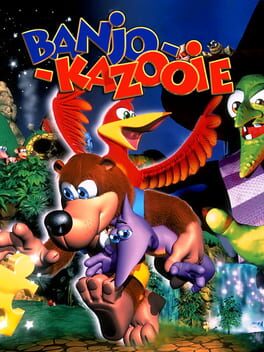
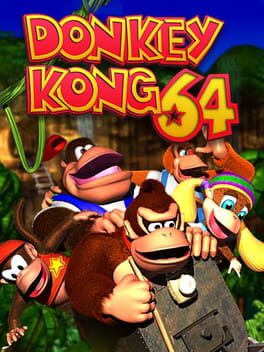


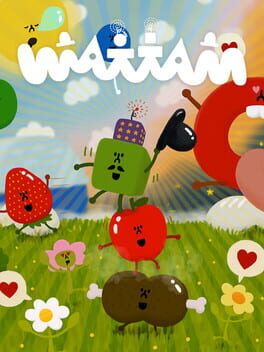
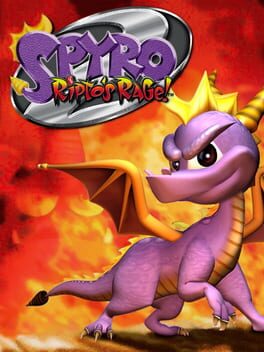
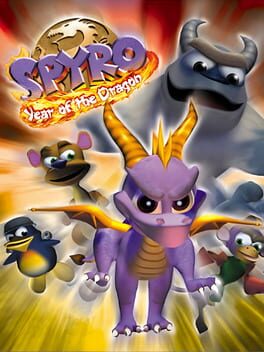
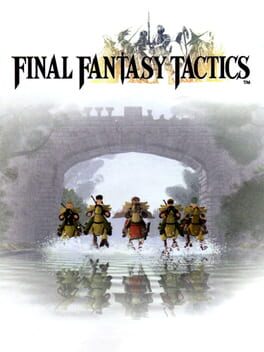
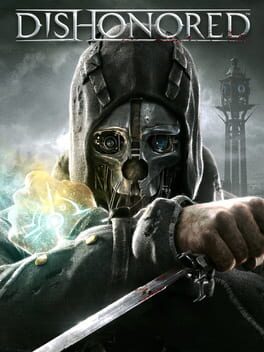






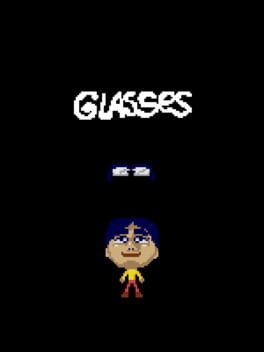
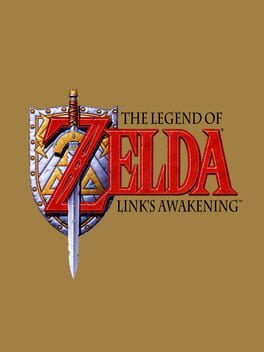
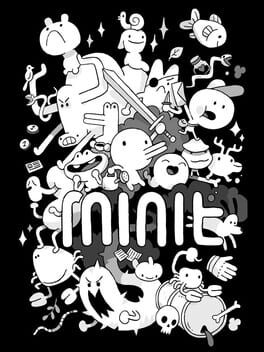
_YALP
2 months ago